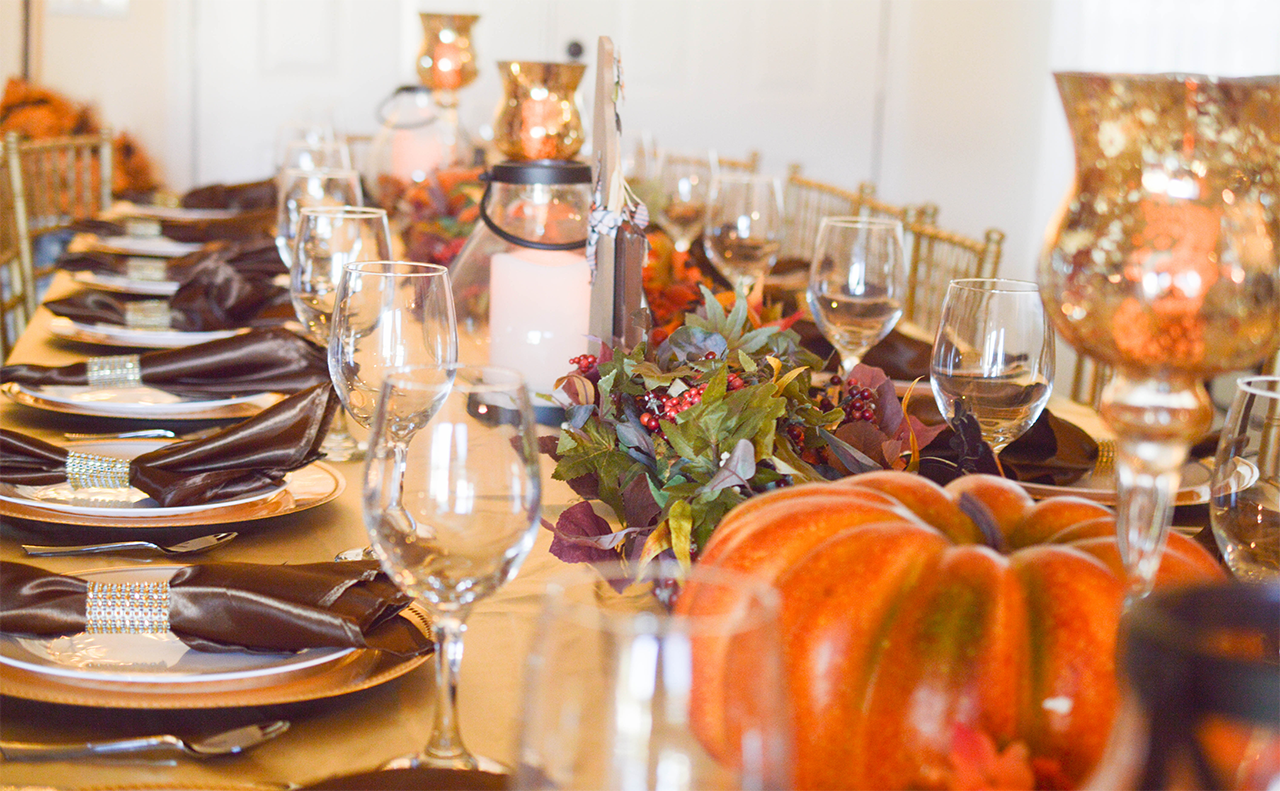
Managing Your Allergies During the Holiday Season
The winter holidays bring a lot with them – food, festive cheer, family gatherings… and a new set of allergy triggers.
In addition to the food allergens that lurk in many traditional holiday dishes, people with allergies will also face a variety of environmental allergens that could trigger symptoms. While those with pollen allergies may get a bit of a break during the winter months, the same isn’t true for people with mold, dust, or pet allergies, for example. (And people with food allergies need to be vigilant all year.)
There are things you can do to keep your allergies under control this winter, but first you need to know your triggers and how to properly manage them. Below you’ll find some of the most common holiday season allergy triggers and our advice for dealing with them.
Food. Winter holidays often mean dining away from home, whether it’s an office party, dinner at a friend or relative’s house, or eating at a restaurant. It can be easy to get caught up in the mood of a party and accidentally consume a food you are allergic to. If you have been prescribed an EpiPen, be sure to carry it with you at all times and instruct at least one other person in its use. Minor symptoms may be treated with over-the-counter medications and treatments. It is also important to have an allergy action plan in place before you attend events. (If you don’t have an allergy management plan, schedule an appointment with us today and we can help you create one.)
Decorations. Your holiday decorations spend most of the year packed away, collecting dust and potentially developing mold. When you bring these decorations out of storage you are stirring these allergens up and spreading them throughout your home. With new allergen particles in the air, you’re likely to begin experiencing symptoms like sneezing, itchy or red eyes, wheezing, coughing, and nasal congestion. You can prevent or reduce these symptoms by wiping down your decorations thoroughly before placing them around your home. When it’s time to pack the decorations back up for the year, wipe them down again and store them in airtight containers away from sources of moisture.
Christmas trees & wreaths. While some people are allergic to pine trees, there is a more common allergen that could be sneaking into your home, hidden on the branches of your live Christmas tree: mold. Christmas trees that are cut ahead of time may have been stored in a humid environment, allowing mold spores to form, and those spores can continue to increase in your home. (Pollen that has been stuck to the tree may also be released once inside your home.) To avoid these symptoms, wear gloves and long sleeves to prevent allergens from coming into contact with your skin. If possible, spray the tree down with a hose and let it dry before bringing it into the house.
Poinsettia. Did you know poinsettias are a member of the rubber tree family? These plants contain compounds similar to those found in latex, so they may cause an allergic reaction in someone that has a latex allergy. With regard to allergies, the best course of action when it comes to poinsettias is to not have them in your house or workplace at all.
Gifts. The holiday season is also a time for gift giving. If you are having trouble deciding what to buy for someone that has allergies, take a look at our list of holiday gift ideas for people with allergies. When it comes to receiving gifts, we recommend that you mention your allergies ahead of time with anyone you will be exchanging presents with so they know what to avoid getting you. If you receive an unexpected gift that you are allergic to, we recommend thanking the giver but explain why you are unable to accept it. (If you feel awkward about refusing the gift, you can accept it and donate it or give it to someone else who might appreciate it.)
Do you have questions about managing your allergies over the holidays? Don’t hesitate to reach out to us. We are here to help! Feel free to give us a call at 212-729-1283 or email us at info@hudsonallergy.com.

